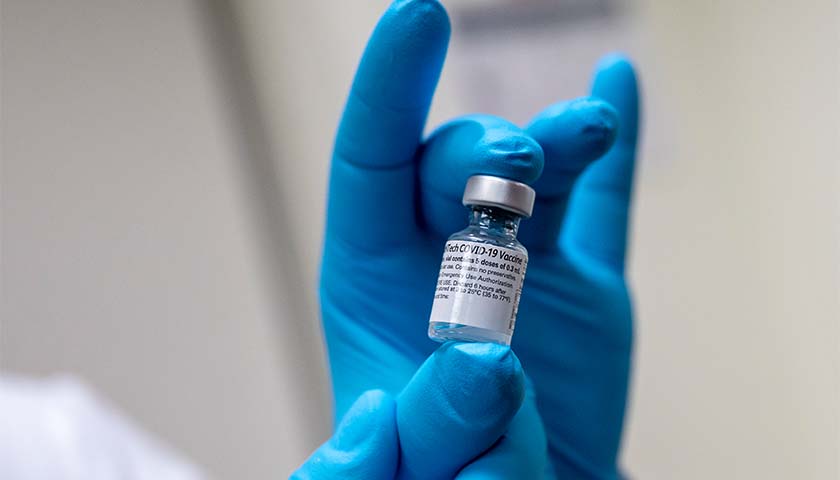Vanderbilt University announced last week that the CDC awarded the school $10.7 million in grants towards studying the effects of the COVID vaccine. The money will boost the IVY Research Network, which was originally created in 2019 to study the flu vaccination.
The statement from the school said this was the third renewal with IVY (The Influenza and Other Viruses in the Acutely Ill) Research Network, which consists of 21 large hospitals in 21 U.S. cities, and is funded by the CDC and led by Vanderbilt University Medical Center.
The work includes “one of the first descriptions of Long COVID syndrome, data demonstrating different effectiveness among COVID vaccines being used in the U.S. and the effectiveness of COVID-19 mRNA vaccines for lessening illness severity among adults who develop COVID, despite vaccination.”
Wesley Self, MD, principal investigator for the IVY Network said, “We are greatly honored to have this opportunity to continue to work with the CDC and fantastic collaborators across the country on understanding severe COVID-19 and how to optimize vaccination in the U.S.” He continued there is still more to learn about COVID but is grateful for the continued support from the IVY Research Network.
The statement included the findings IVY Research has already made with the COVID vaccine. In May of 2021, IVY Research determined that mRNA vaccines (Moderna and Pfizer) were 87 percent effective in preventing COVID. They also determined that Pfizer had an 88 percent success rate, and Moderna had a 93 percent success rate.
The statement did not mention the group would specifically study the roughly 500,000 side effects that have been recorded in the Vaccine Adverse Event Reporting System (VAERS) of those who have received the COVID vaccine, including Guillain-Barre Syndrome which was found in those who received the Pfizer vaccination, and acute Central Nervous System (CNS) demyelination being found in those who received the Moderna vaccination.
Instead, the group noted IVY Research will focus on “two questions: whether current vaccines provide adequate protection against new variants, or if new vaccine formulations are needed; and when is the best timing for booster vaccinations?”
The organization will also continue to study influenza and respiratory syncytial virus (RSV), which Self said is “an underappreciated cause of severe illness in adults, especially older adults.”
According to Dr. Self, vaccinations for RSV are still in development, but “from that information will study how vaccines are working to prevent severe illness. It’s a great opportunity to expand beyond COVID and into two of the other major causes of illness in this country.”
– – –
Morgan Nicole Veysey is a reporter for The Tennessee Star and The Star News Network. Follow her on Twitter. Email tips to [email protected]
Photo “Pfizer-BioNTech COVID-19 Vaccine” by U.S. Secretary of Defense. CC BY 2.0.








